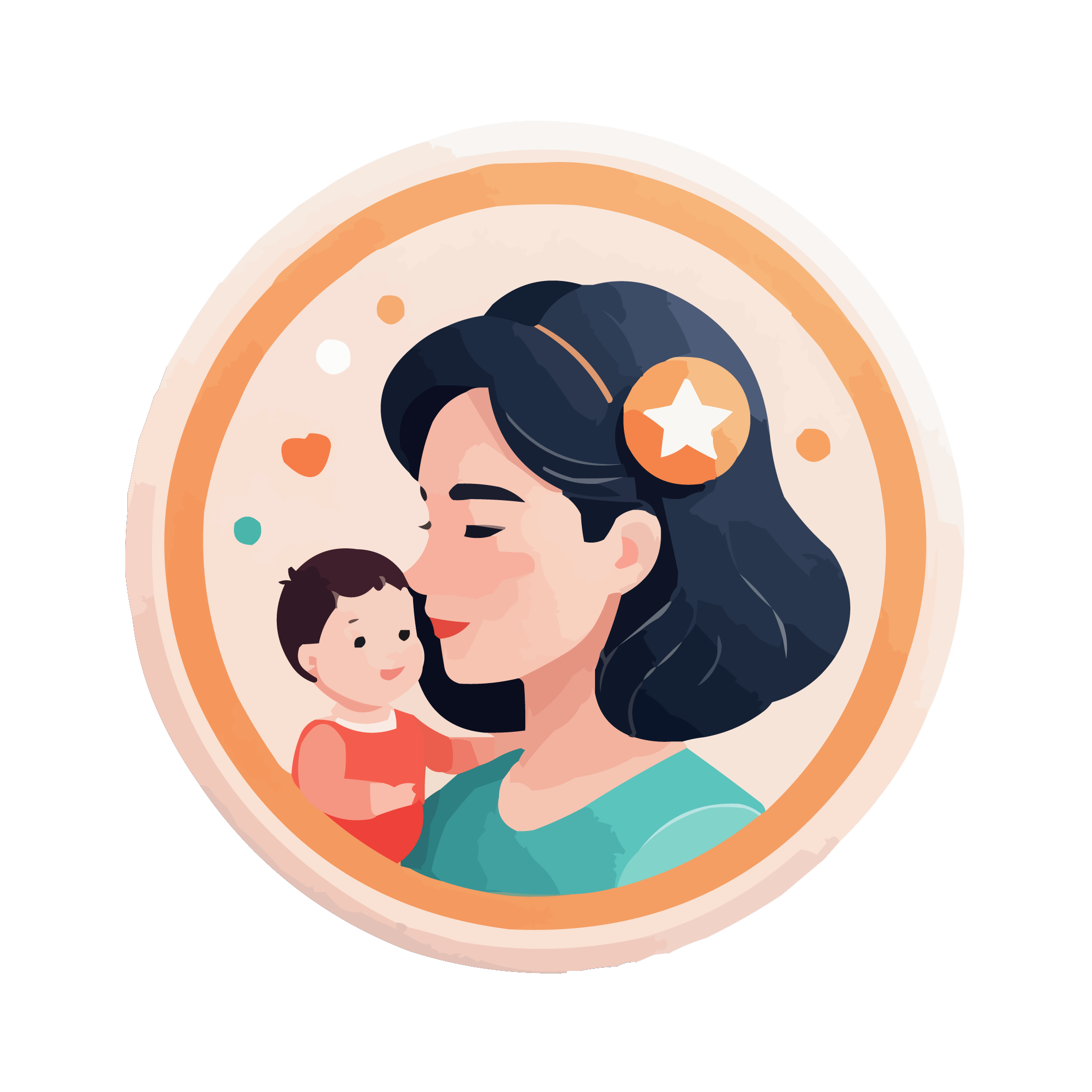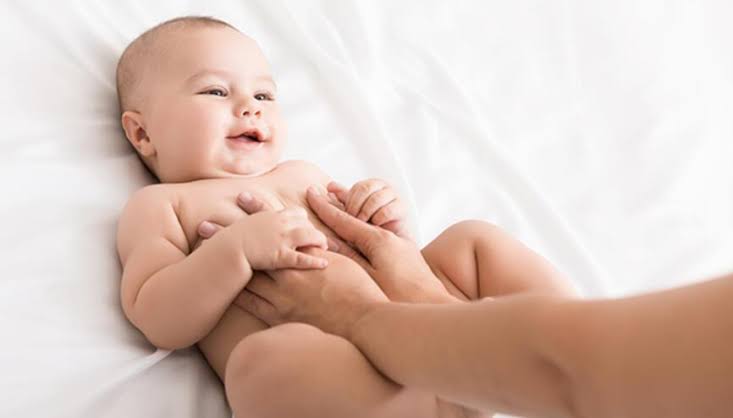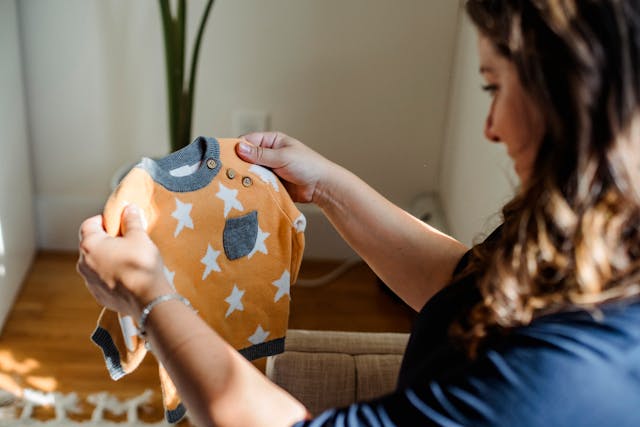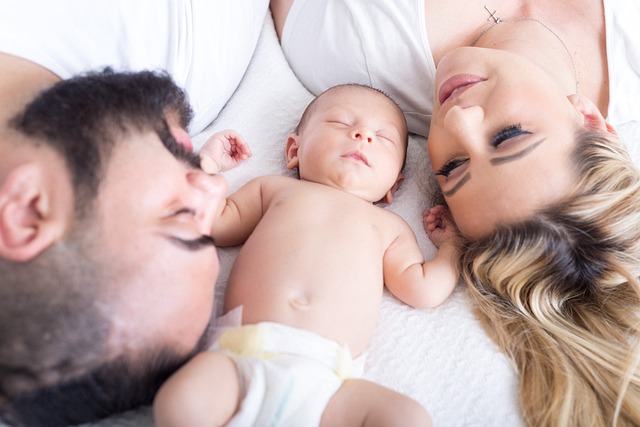Newborn Hearing Test: What It Is and When It Is Done
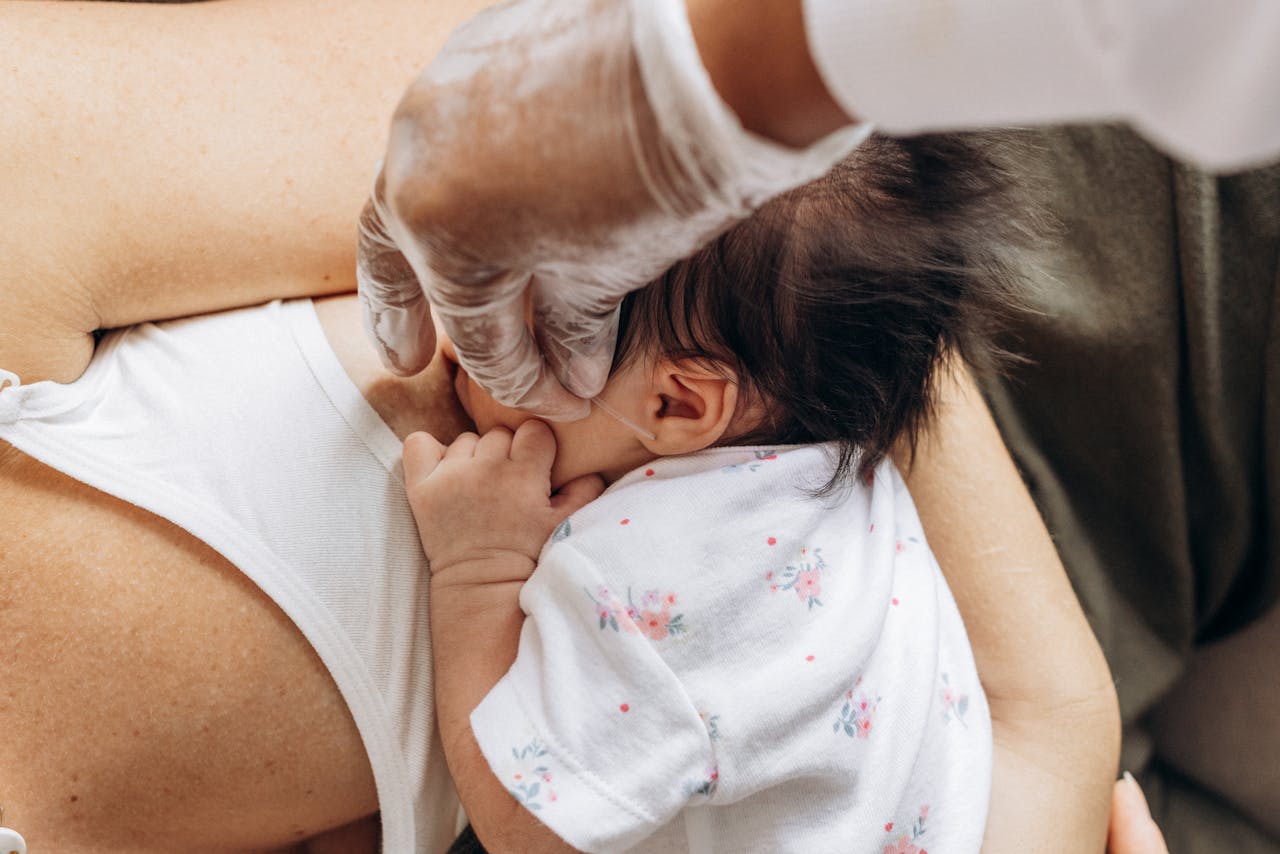
Contents
Newborn Hearing Test: What It Is and When It Is Done
Hearing is one of the essential senses that plays a critical role in a child’s development, particularly in learning to speak and interact with the world around them. Ensuring that your newborn’s hearing is functioning correctly from the very beginning is crucial for their overall development. This is where the newborn hearing test comes into play. In this blog, we will explore what a newborn hearing test is, why it is important, how it is conducted, and when it should be done.
What Is a Newborn Hearing Test?
A newborn hearing test is a screening procedure designed to check a baby’s hearing shortly after birth. The goal is to identify any potential hearing loss as early as possible, allowing for timely intervention and support. Early detection of hearing issues is vital because it enables parents and healthcare providers to take the necessary steps to support the child’s language, social, and cognitive development.
There are two main types of hearing tests used for newborns:
- Otoacoustic Emissions (OAE) Test: This test measures sound waves produced in the inner ear. A small probe is placed in the baby’s ear canal, and it emits soft sounds. The inner ear (cochlea) should produce echo-like responses if hearing is normal. If no response is detected, it could indicate hearing loss.
- Auditory Brainstem Response (ABR) Test: This test checks how the hearing nerve responds to sounds. Small electrodes are placed on the baby’s head to measure the brain’s activity in response to sound. This test is often used if the OAE test results are inconclusive or if more detailed information is needed.
Why Is the Newborn Hearing Test Important?
The newborn hearing test is crucial for several reasons:
- Early Detection of Hearing Loss: Approximately 1 to 3 out of every 1,000 babies are born with significant hearing loss. Without early testing, this condition may go unnoticed for months or even years, delaying essential interventions.
- Supports Development: Hearing is closely linked to speech, language, and social development. If a hearing issue is detected early, interventions such as hearing aids, cochlear implants, or speech therapy can begin promptly, allowing the child to develop communication skills effectively.
- Reduces Parental Anxiety: Early testing provides peace of mind for parents, knowing that their baby’s hearing has been checked. If a problem is detected, it allows parents to seek out resources and support early on.
- Legal Requirements: In many countries, including the United States, newborn hearing screenings are mandated by law. This widespread testing helps ensure that all babies have the opportunity to receive early intervention if needed.
When Is the Newborn Hearing Test Done?
The newborn hearing test is typically done before a baby leaves the hospital, usually within the first 24 to 48 hours after birth. If the baby is born at home or in a birthing center, the test should be done within the first few weeks of life.
Here’s a timeline of when the test should be performed:
- Immediately After Birth: In most hospitals, the hearing test is part of the routine newborn screening process. The test is painless, quick, and can be done while the baby is sleeping or resting.
- Before Hospital Discharge: For babies born in a hospital, the hearing test is usually completed before discharge. This ensures that any issues are identified and addressed promptly.
- Follow-Up Testing: If the initial hearing test indicates a possible hearing issue, follow-up testing is recommended within the first three months. This follow-up is crucial to confirm any hearing loss and to begin early intervention if needed.
What Happens If a Baby Fails the Hearing Test?
It’s important to note that not all babies who “fail” the initial hearing test have permanent hearing loss. Several factors can cause a baby to not pass the test on the first try:
- Fluid in the Ears: Newborns often have fluid in their ears after birth, which can interfere with the test results.
- Movement or Noise: If the baby is moving a lot or if there is background noise, it can affect the accuracy of the test.
- Prematurity: Premature babies may have underdeveloped auditory systems, leading to inconclusive results.
If your baby doesn’t pass the initial test, the healthcare provider will recommend a follow-up test, usually within a few weeks. If the follow-up test also indicates hearing loss, your baby may be referred to a pediatric audiologist for further evaluation.
What to Expect During the Test
The newborn hearing test is simple, quick, and non-invasive. Here’s what you can expect:
- Preparation: There is no special preparation needed for the test. The baby can be asleep or awake, as the test is typically done while the baby is calm.
- OAE Test Procedure: A tiny, soft probe is placed in the baby’s ear. The probe emits soft sounds and measures the echoes produced by the inner ear. The test usually takes just a few minutes.
- ABR Test Procedure: If an ABR test is needed, small electrodes are placed on the baby’s head to measure brain activity in response to sound. Soft clicking sounds are played through earphones, and the brain’s response is recorded. This test may take a little longer but is still painless and non-invasive.
- Results: The results are usually available immediately. If the baby passes the test, no further action is needed unless there are concerns about hearing later. If the baby doesn’t pass, follow-up testing will be scheduled.
What If Hearing Loss Is Confirmed?
If follow-up tests confirm that your baby has hearing loss, early intervention is key. Here’s what may happen next:
- Hearing Aids: Some babies benefit from hearing aids, which can amplify sounds and help with hearing.
- Cochlear Implants: In cases of severe hearing loss, cochlear implants may be considered. These are surgically implanted devices that can provide a sense of sound to those who are profoundly deaf or hard of hearing.
- Speech and Language Therapy: Early therapy can help children develop communication skills, even if they have hearing loss. The sooner therapy begins, the better the outcomes.
- Family Support: Support groups and resources are available for families of children with hearing loss. These resources can provide guidance and help parents navigate the challenges ahead.
The newborn hearing test is a simple but vital step in ensuring your baby’s healthy development. By detecting potential hearing issues early, you can take the necessary steps to support your child’s growth and communication skills. If your baby doesn’t pass the initial test, don’t panic—follow-up testing will help determine the next steps. Early intervention can make a world of difference in your child’s ability to hear, speak, and interact with the world around them.

